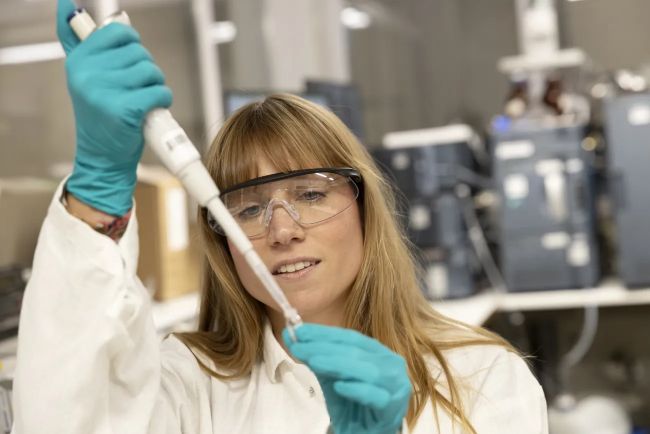
Stefaan Vanhalle
R&D Manager (STAXS)
My first reason for being on the standards committee is the early access to knowledge and strategic information in order to be able to respond to changes in a timely manner. These changes can be opportunities but also dangers. The second reason is also to expand my network and learn to see things from a different perspective. The latter can help in thinking out of the box (bring experience from other industries). Not all standards are focused on our industry and this can help with filling in the standards towards a specific industry.
As a member of the Belgian standards committee:
You influence sector standards
Play a critical role in setting and influencing the standards that shape your industry.
You expand your network
Collaborate with Belgian and International experts in your field and expand your network.
You stay on top of developments
You are the first to know about future developments & trends. This strengthens the competitive position of your organisation.
You can share your expertise
Share your experience and expertise with other leading experts, and actively contribute to the development of standards and innovation.

Who are we looking for?
Any environmental expert can join the Belgian Environmental Management Standards Committee. We are looking for experts from various sectors: environmental organizations, the recycling, waste and repair industry, water, gas and electricity companies, governments, manufacturers, service providers, financial institutions, NGOs, consultants, researchers and consumers. Knowledge of standards is not required.
Join NowActivities of the standards committee
The Belgian standards committee NBN/B031: Environmental Management, represents Belgium in the international standards development of the ISO/TC 207 (Environmental management) committee.
See what standards are under development here
NBN/B031 also represents Belgium in the European standards development of the CEN/TC 467 committee.
Frequently asked questions
Set your own (international) standards for your field?
Join NowDo you still have questions? Contact me!












